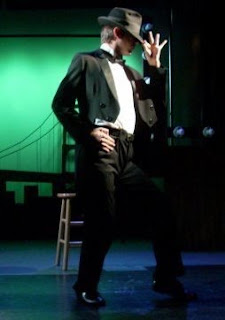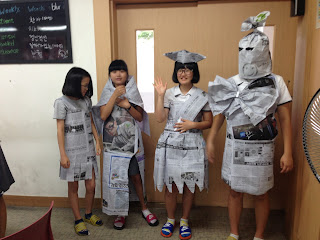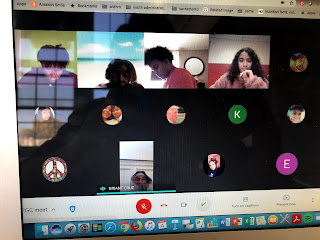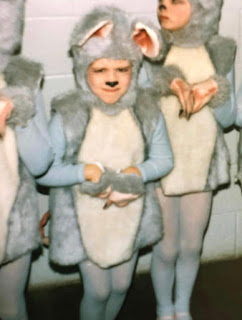By Joey Kovach
I started my college journey a while ago. It seems a little surreal that it’s almost over. Way back in 1999, I graduated from the local community college in my hometown of Fort Walton Beach, Florida with an associate degree in Performing Arts. There, I learned all about the ins and outs of the theatre. What was next? I started performing professionally after graduation. I always said to myself, “I’ll go back to school when the time is right.” After seventeen years, the time was right.
I applied to the undergraduate theatre program at City College in 2016. There were many calls to the admissions department and eventually they took most of my credits from years prior. I worked hard to get my bachelor’s (in one semester I took seventeen credits), and eventually graduated in the fall semester of 2018. But what was next? I always wanted to teach but didn’t have any formal training in education, so I applied for and was accepted to City College’s Educational Theatre program.
It’s been a whirlwind to say the least. We had one and a half semesters in person before the world came to a halt. The global pandemic made all classes go remote. Now I’m about to finish this degree before going back to in-person classes. While I’m disappointed that I won’t be able to go back to the classroom as a student, I’m very much looking forward to finding my classroom as a teacher. But what is next?
There are many unanswered questions about the future that will shape my plans. We’re just now starting to see the country bounce back after the pandemic, but theatre will take a long time to fully recover from their losses over the past year. Will that affect my employment decisions? My husband and I are planning on moving out of the city, but within commuting distance. Will that affect my employment decisions? I’d like to continue for a doctorate at some point. Will that affect my employment decisions? There are a lot of “Ifs” and a lot of “what abouts” left to be answered, but each step I take, my associate degree, performing, bachelor’s, and master’s, I check a new box on the road to my future. Questions surfaced after each of those moments in my life. I answered them and moved forward. City College has prepared me for the challenges ahead. I know that, even though I don’t have all of the answers right now, those answers are right around the corner, and I’ll be ready. My training here has made sure of that.
So, to answer the question, “What’s next?”…I don’t know. And that’s ok, I will. I know I’m a lot further on my journey than where I started. My first step after graduation…I’m going to Disney World!























